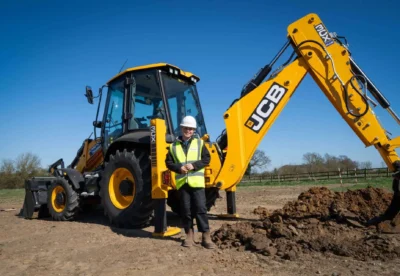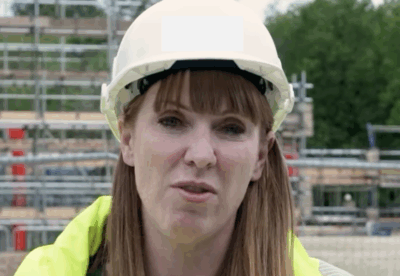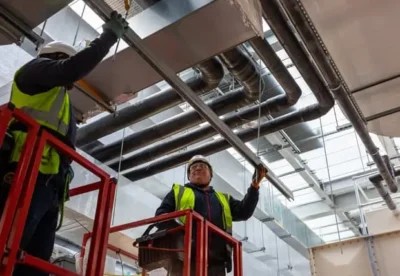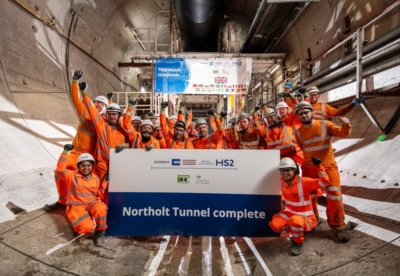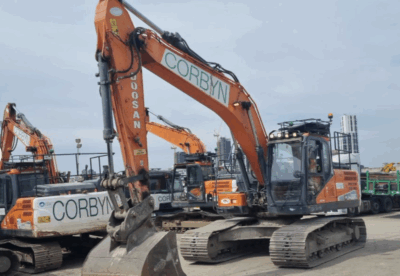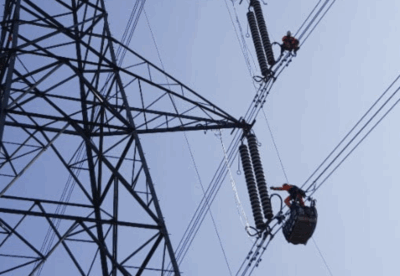The demand is part of a ten-point plan to reform public sector procurement published by the Civil Engineering Contractors Association today.
The association believes suicide bidding is the biggest blight on the industry today as contractors enter below-cost bids in a desperate attempt to secure work.
CECA said: “Below-cost tendering, known as suicidal bidding, is currently rife in the infrastructure sector as less scrupulous contractors bid at below sustainable levels in order to secure workload.
“This has obvious detrimental effects for all parts of the industry.
“Clients may find themselves with a contractor resorting to claims or corner cutting in order to make a margin on the project, or even an insolvent contractor if the ‘suicidal’ bidding acts as its name suggests.
“Suicidal bidding is encouraged by a public sector procurement process which still in many cases awards work to the lowest bidder, rather than the supplier who will provide the best value solution.
“CECA recommends that the government mandates a more integrated approach to construction, where delivery teams are chosen on the basis of quality, while being incentivised to make savings over the course of the contract.
“Future opportunities should be awarded to suppliers which have shown a track record of delivering quality while reducing costs.”
The Ten Steps To Smarter Procurement is designed to support the government’s own reform of procurement practice which aims to save up to 20% over the current system.
An announcement detailing these reforms is due in June.
CECA’s ten points for better procurement are:
1. Blocking ‘suicidal bidding’ through a move away from price-based contracting
2. Halting stop-start procurement
3. Improving the visibility of workload
4. Standardise pre-qualifi cation
5. Standardise references
6. Establish a new deal for frameworks
7. Increase early contractor involvement
8. Limit tender list sizes
9. Improve the quality of tender documentation
10. Fairer infl ation risk management
Alasdair Reisner, CECA director of external affairs, said: “That procurement practice has emerged as our members’ main concern, at a time of relatively high inflation and worryingly low workloads, is a striking indicator of how serious the problems have become.
“In good times costly and inefficient procurement was an inconvenience, but in today’s market, with razor-thin margins and savage competition, it really does present a real threat to the survival of many firms, as well as adding costs to already tightly stretched procurement budgets.
“This is a rare opportunity to improve industry conditions for private contractors and save taxpayers’ money at the same time.
“The government should seize this chance to cut unnecessary costs out of procurement and create better conditions for clients and contractors alike.”







